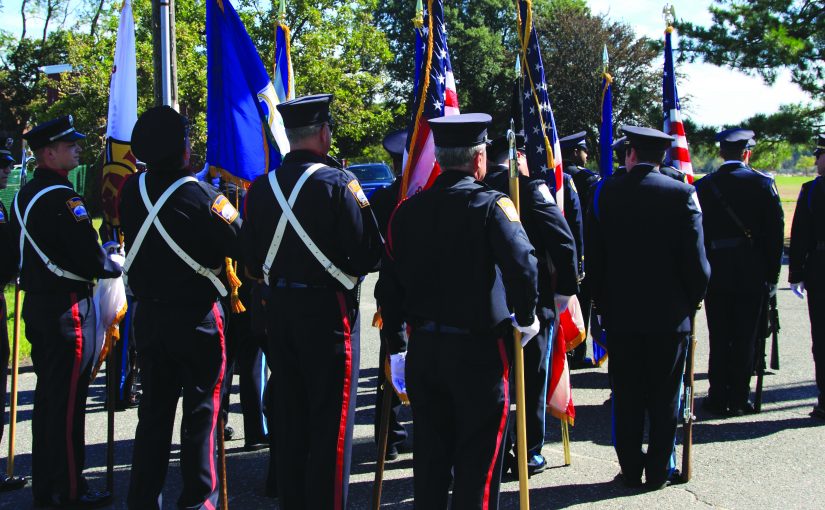
Law enforcement is under scrutiny (and, sometimes, under attack) in the media and on the streets. In recent years, an anti–law enforcement sentiment has been growing in large segments of the population, fueled by high-profile use-of-force situations and a lack of public understanding about the job. Law enforcement deaths in 2016 reached alarming levels, with 63 officers killed by non-accidental gunfire—21 of those by ambush; each death represents a life lost and a family destroyed. When tragedy strikes law enforcement, the field responds; experts develop new tactics and new tools to keep officers safe. Today’s challenge is different: it calls for a solution that transcends traditional police tactics or tools.
Law enforcement is becoming increasingly complex, and the public’s expectations of police officers are becoming increasingly demanding. Policing extends beyond the realm of enforcing laws. Officers are called upon to respond to noncriminal incidents, including many situations that involve mental health issues or people who have no one else to call for help. In these cases, officers might be ill-equipped to handle the call—as they are not psychologists, psychiatrists, or social workers.


